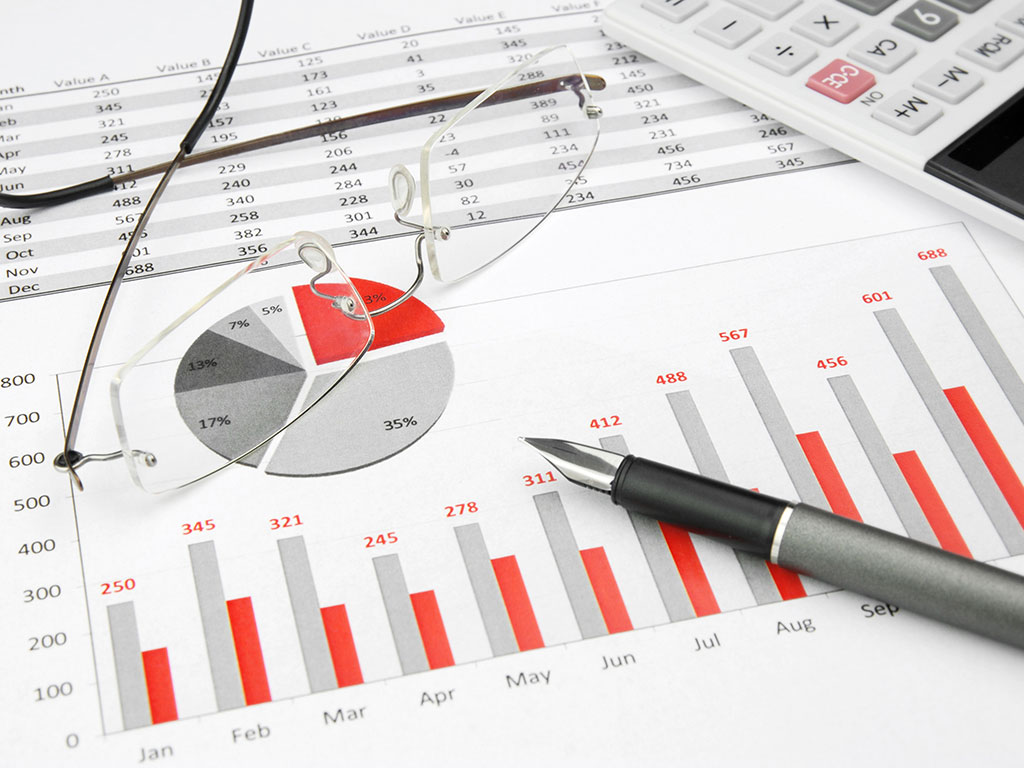Soskic: I Disagree About Serbia’s Public Debt Not Being Alarmingly High
Source: Beta
 Monday, 09.01.2023.
Monday, 09.01.2023.
 13:45
13:45
 Monday, 09.01.2023.
Monday, 09.01.2023.
 13:45
13:45
(Photo: Ralf Kleemann/shutterstock.com)

– For a country with unfinished reforms, with an inefficient public sector in which potential losses which are ultimately paid by the state (the taxpayers) are still often being hidden and with an insufficiently competitive economy like the Serbian economy, the existing debt is already high – Soskic said for the Nezavisnost.org portal.
He reminded that, according to international indicators of corruption perception, Serbia was 96th, far below Croatia, Montenegro and North Macedonia, and emphasized that Serbia had been the only European country on the black list of the FATF (the international organization for the prevention of money laundering and the financing of terrorism).
– When it comes to “money laundering”, our country still has a bad position according to the international indicators which monitor that field (Basel AML Index), and it is known that “laundered money”, in its final phase, often enters the real estate market and thereby raises the real estate prices. It would be important to examine whether a connection could be found in our country between the real estate prices and money laundering – Soskic said.
The economist reminded that, in the past years, the public debt of the country had grown over EUR 8 billion, that is, from EUR 22.5 billion in 2019 to EUR 30.8 billion in the third quarter of 2022. According to Soskic, “regarding the boasting of the finance minister about the state helping the economy and the citizens with nearly EUR 9 billion in the past three years”, that means that the money has mostly come from loans and those are foreign loans “which we will have to repay as citizens and taxpayers”.
Companies:
 Ekonomski fakultet Beograd
Ekonomski fakultet Beograd
Comments
Your comment
Most Important News
Full information is available only to commercial users-subscribers and it is necessary to log in.
Follow the news, tenders, grants, legal regulations and reports on our portal.
Registracija na eKapiji vam omogućava pristup potpunim informacijama i dnevnom biltenu
Naš dnevni ekonomski bilten će stizati na vašu mejl adresu krajem svakog radnog dana. Bilteni su personalizovani prema interesovanjima svakog korisnika zasebno,
uz konsultacije sa našim ekspertima.


 Izdanje Srbija
Izdanje Srbija Serbische Ausgabe
Serbische Ausgabe Izdanje BiH
Izdanje BiH Izdanje Crna Gora
Izdanje Crna Gora


 News
News






